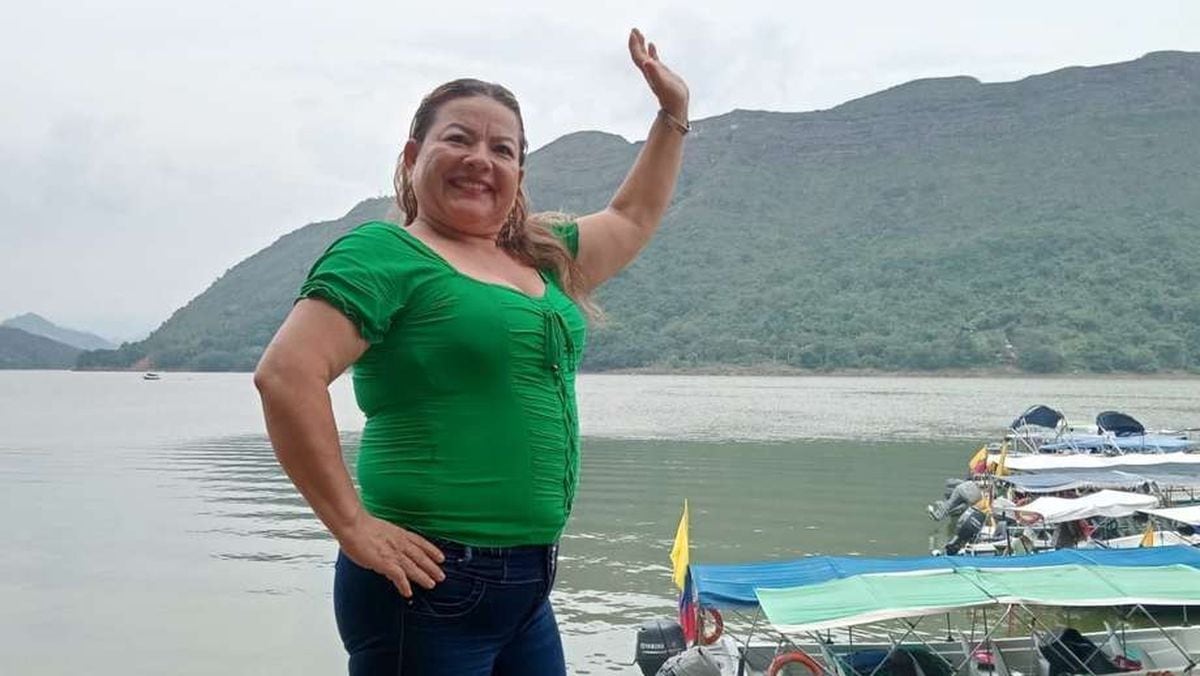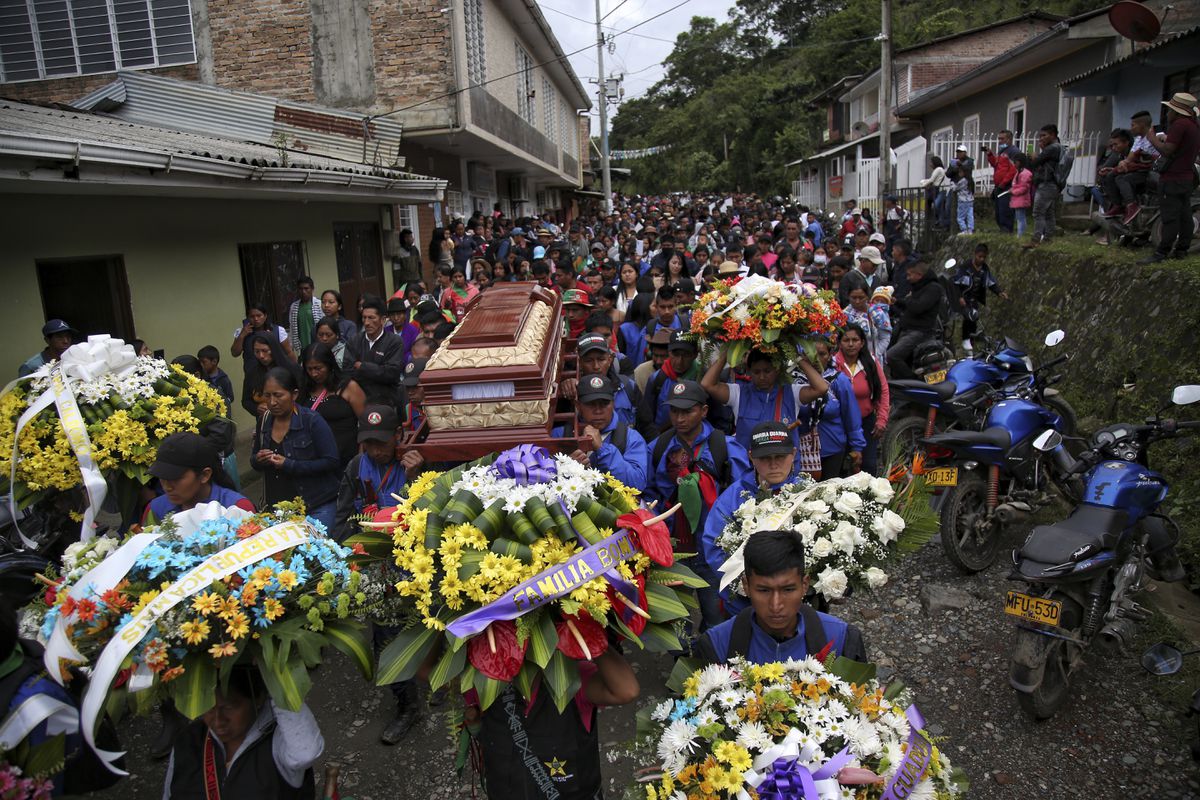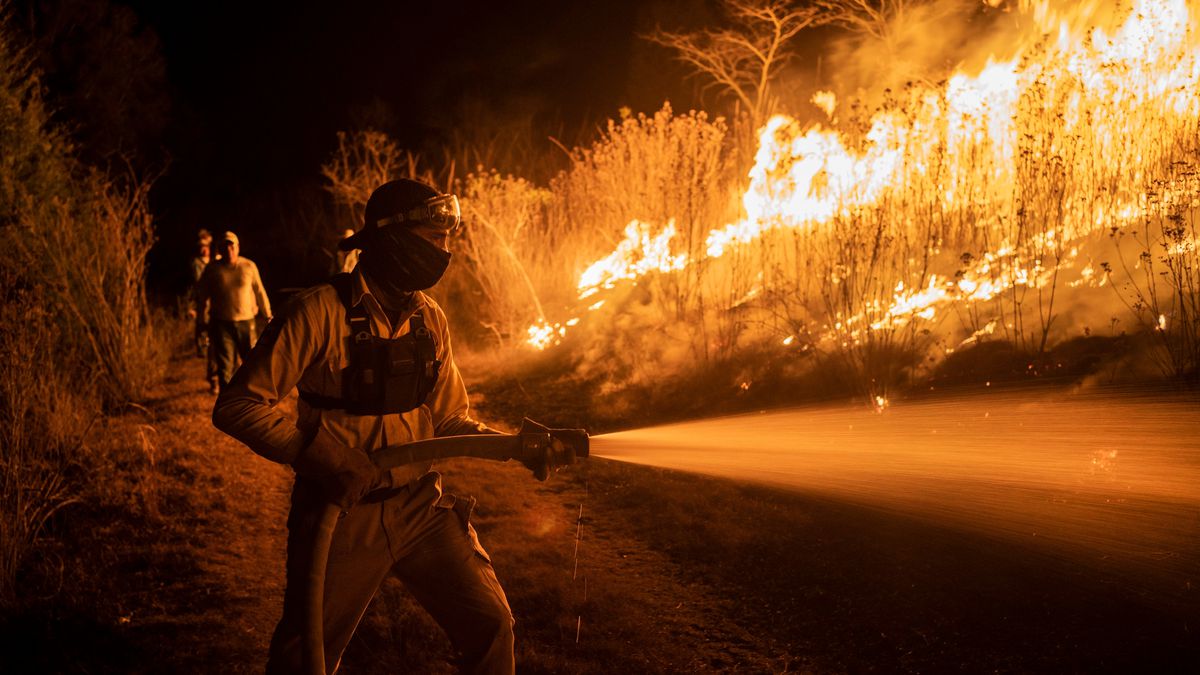What relationship can there be between your electric vehicle and the life of a community leader in a small Guatemalan town?
Perhaps not much at first glance, but the rise of this means of transport is leading to an increase in the demand for raw materials such as nickel, essential for the batteries of many devices that work with electricity.
Until 2040 alone, an increase in demand for this mineral of up to 2.6 million tons is expected worldwide.
Nickel is one of the many natural resources that are mined in Latin American countries like Guatemala.
It is in this country where the Inter-American Court of Human Rights (IACHR) has launched an investigation this Wednesday that promises to do justice to more than a dozen Mayan communities, four decades after the Government first opened their homeland to extraction. of nickel.
In its ruling, the Court will rule on the right of indigenous communities to control the mineral wealth in the subsoil of their lands.
On the one hand, it is the first in which the right of indigenous peoples to participate in the process where the sovereignty of their natural resources is debated is recognized.
On the other hand, given the high demand for minerals that is expected for the coming years in the renewable energy market, the IACHR's decision may directly affect many mining companies located in territories belonging to indigenous communities.
The Mayan Q'eqchi' community of Agua Caliente is the one that has been litigating against the Guatemalan government and the protagonist of this historic judicial process in which they have pinned their hopes.
For 40 years, different indigenous peoples in Guatemala have been calling for the closure of an open-pit nickel mine in El Estor, operated by a subsidiary of the Swiss group Solway Investment and which they accuse of polluting water, air and soil.
El Estor is a small town next to Lake Izabal, the largest extension of fresh water in the entire country and a fundamental part of the life of many of the clans that have always lived there.
For 40 years, different indigenous communities in Guatemala have demanded the closure of an open-pit nickel mine in their territory
This case is of special relevance as it is the first to recognize the right of the natives to participate in the decision-making process of sovereignty over the natural resources of the places they have inhabited since ancient times.
Likewise, it also recognizes their collective rights, being participants in the development of their communities and being able to fight against climate change.
The objective of the lawsuit filed before the international court, in the words of Leonardo Grippa, part of the legal team of the Indigenous Peoples Legal Resource Center (ILRC), is not only to ensure collective titling of the lands.
It is also about denouncing the harmful effects of mining on the environment when the rights of those who have traditionally lived in these territories are not respected, an aspect closely related to the decisions reached at the last COP26 in Glasgow.
At this recent climate summit, for the first time, the representatives of native ethnic groups sat as one more at the negotiating table to claim their fundamental role as guardians of nature and guarantors of biodiversity.
"For the first time, this case gives the Court the opportunity to rule on whether governments should act to recognize the rights of these societies to permanent sovereignty over their natural resources, as a principle of public international law," insists Grippa.
He also highlights the importance of this process, arguing that, globally, many of today's international funders and investors will be affected by the court's ruling: "Now we have a new and powerful ally, an influential global public that demands an end to the investments of companies, multilateral banks, governments and other investors that damage the planet and violate human rights”, he explained this Wednesday
at a press conference from Costa Rica, where the hearing is located.
Rodrigo Tot visits homes in Agua Caliente and collects evidence of Q'eqchi ownership of the land.Goldman Environmental Prize
Apart from its international relevance, the decision that the court finally adopts will also have effects on the daily lives of the inhabitants of the area.
Rodrigo Tot, Q'eqchi leader from Agua Caliente and winner of the Goldman Prize in 2017, considered the Nobel Prize for the Environment, is well aware of the risks involved in raising his voice in defense of the rights of indigenous communities.
He is one of the few members of Agua Caliente who is bilingual (he speaks Q'eqchi' and Spanish) and his voice is slow, but firm, when he recalls that in 2012 some strangers boarded the bus where two of his children and his grandson were traveling, shooting them point blank.
As a result, one died, the other suffered serious injuries and the eight-year-old boy had to receive psychological treatment for the trauma caused.
Currently, he and his family continue to receive threats and pressure of all kinds.
“In the previous years of armed conflict there were many leaders who also suffered and were disappeared.
Those who murdered my son thought that we were still in that era, in which a leader stood up to claim his rights and everyone else remained silent.
But they were wrong, because I am not going to shut up”, explains Tot.
A violated right of indigenous peoples
This case is a situation that is repeated with relative frequency.
The name of the actors involved may change, but the facts may be the same in many parts of the planet: overlapping rights.
On the one hand, some areas inhabited by aborigines since time immemorial, and, at the same time, an exploitation permit that grants rights over those same lands to extractive companies, generally with foreign capital.
The history dates back to around 1870, when numerous German and Guatemalan settlers from other parts of the country came to the Lake Izabal area where the Mayan Q'eqchi' communities historically lived.
As Victoria Sandford, professor of anthropology and founding director of the Center for Human Rights and Peace Studies at Lehman College (United States) explains: “Until the entry into the international coffee market, there was very little interaction between the Q'eqchi people ' and the State of Guatemala, but settlers came from abroad to work and wanted the labor of the inhabitants”.
Without recognized and forced rights to work these crops for free for three months a year, the situation does not improve in the 20th century.
During the Cold War, Guatemala is the scene of numerous massacres, and the internal armed conflict has lasted for more than 36 years in which the population is suffering from very strong repression in their own territories.
Although the situation has somewhat improved, Sandford acknowledges that the structures that orchestrated many of the crimes and massacres have been reorganized.
“I have a lot of respect for Rodrigo Tot and other members of his community.
They have a lot of courage to stand up and say what's going on,” he insists.
It is also at the end of the 19th century when the General Property Registry of Guatemala was created and the different farms began to be registered.
Despite being inhabited by indigenous people, the Q'eqchi' are not recognized as having any ownership over them.
In 1953, the large estates became part of the nation and that is when the communities began to claim their rights, but the internal conflict experienced in Guatemala made it impossible to return to this problem until the beginning of the 21st century.
After a long and hard process, the native peoples pay the full price to repurchase the territories, but they cannot proceed with the registration due to different bureaucratic and land registry negligence.
In a context of continuous violence, threats and assassinations of leaders and numerous eviction attempts, despite the fact that there are several sentences that agree with the natives, the Guatemalan State does not comply and that is why the case is launched before the IACHR .
“All of Latin America has problems and crises on lands inhabited by local ethnic groups.
Guatemala has recognized the jurisdiction of the IACHR since 1987, so it is subject to the fact that its decisions have value, are binding,” explains Carlos Pop, a Guatemalan lawyer and member of the legal team presenting the case before the court, emphasizing the importance that the judicial resolution can suppose.
The right to free, prior and informed consultation
In October 2021 there were a series of peaceful protests in El Estor carried out by members of indigenous communities and residents of the municipality.
They requested compliance with a judicial decision that ordered a consultation process to be carried out on another mining project that is being carried out in the area.
These protests caused the Government to declare a state of siege for 30 days and then a state of prevention for another fortnight.
The petition before the IACHR is that the State of Guatemala must guarantee the coexistence and harmony of life of the indigenous communities
Carlos Pop, lawyer of the Q'eqchi' community
“[Indigenous peoples] continue to move forward despite all the obstacles they have faced.
These have their origin in the colonial history of discrimination and violence.
To the extent that judicial decisions require the recognition of rights under national and international standards," explains Pop. "The petition before the IACHR is that the State must guarantee the coexistence and harmony of life of the communities, as established by national regulations. and international standards establish, while respecting the rights of free, prior and informed consultation of the natives”, he adds.
The next step will be for the IACHR to study in depth the situation of this case in order to make a decision on the merits of the matter, something that will foreseeably take between seven and 11 months.
Once issued, the final ruling will be final.
Meanwhile, the leaders are clear that they will continue to fight for their rights and those of their communities.
You can follow PLANETA FUTURO on
,
and
, and subscribe
to our 'newsletter'
here
.

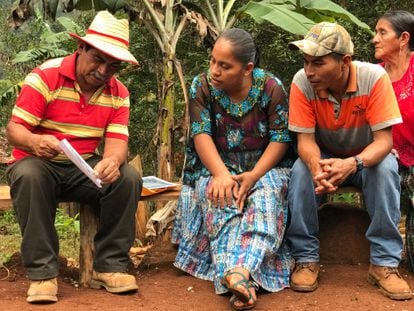
/cloudfront-eu-central-1.images.arcpublishing.com/prisa/MG6G7DJUBNBLRNE2DSTK4WZYTY.jpg)
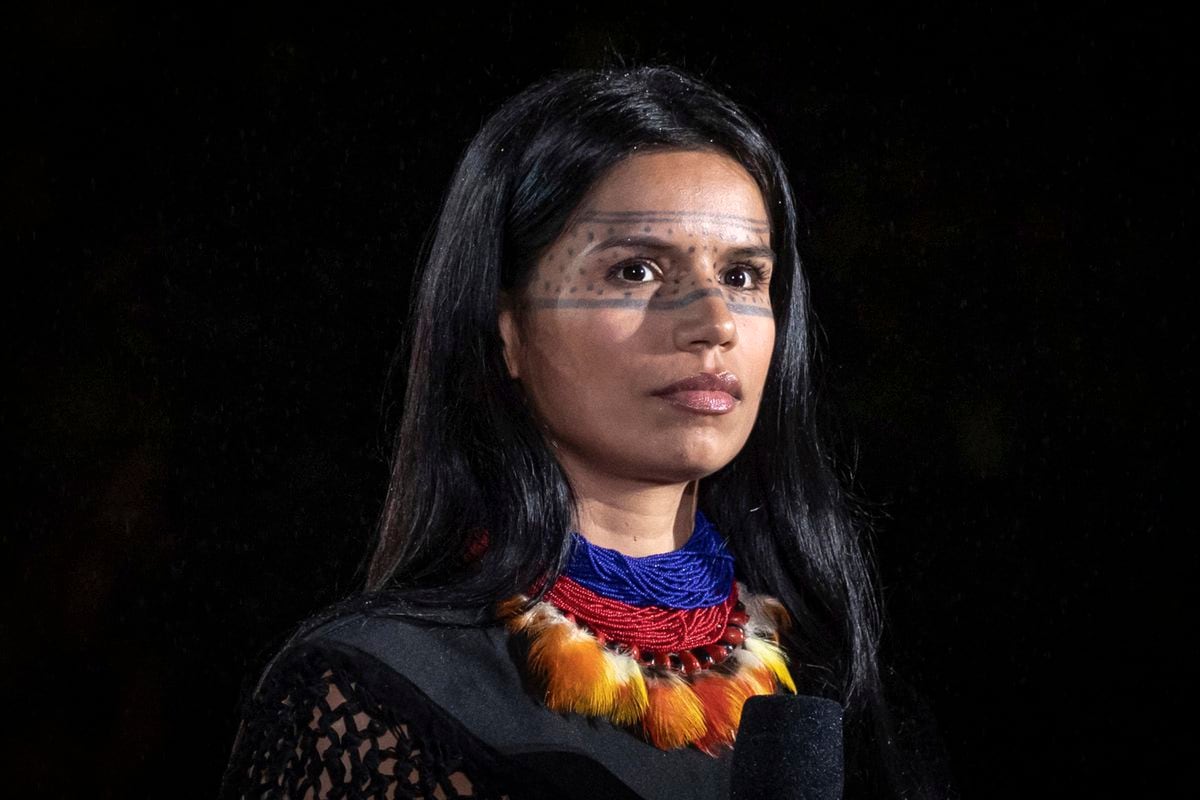

/cloudfront-eu-central-1.images.arcpublishing.com/prisa/XWDEWCZPBVCCDFB3VJU2TWK5PY.jpg)
/cloudfront-eu-central-1.images.arcpublishing.com/prisa/EWJ6D24N4FAMNMM5L7QDF7NQFM.jpg)
